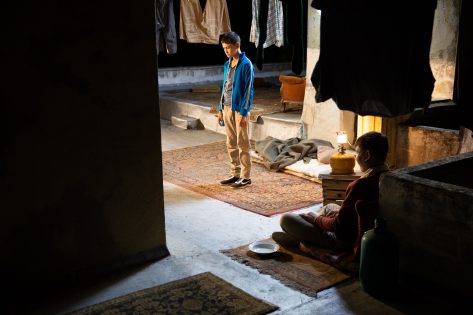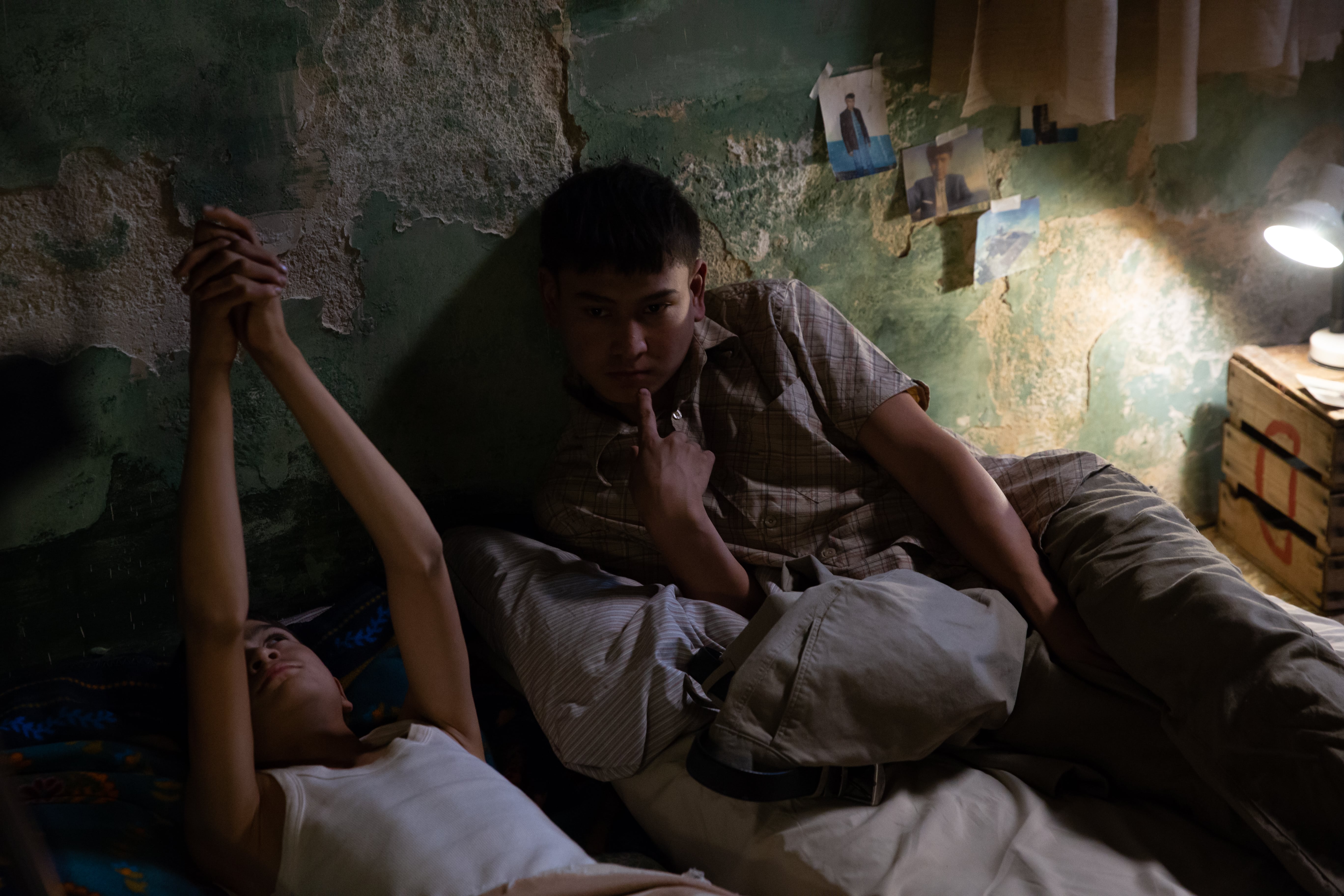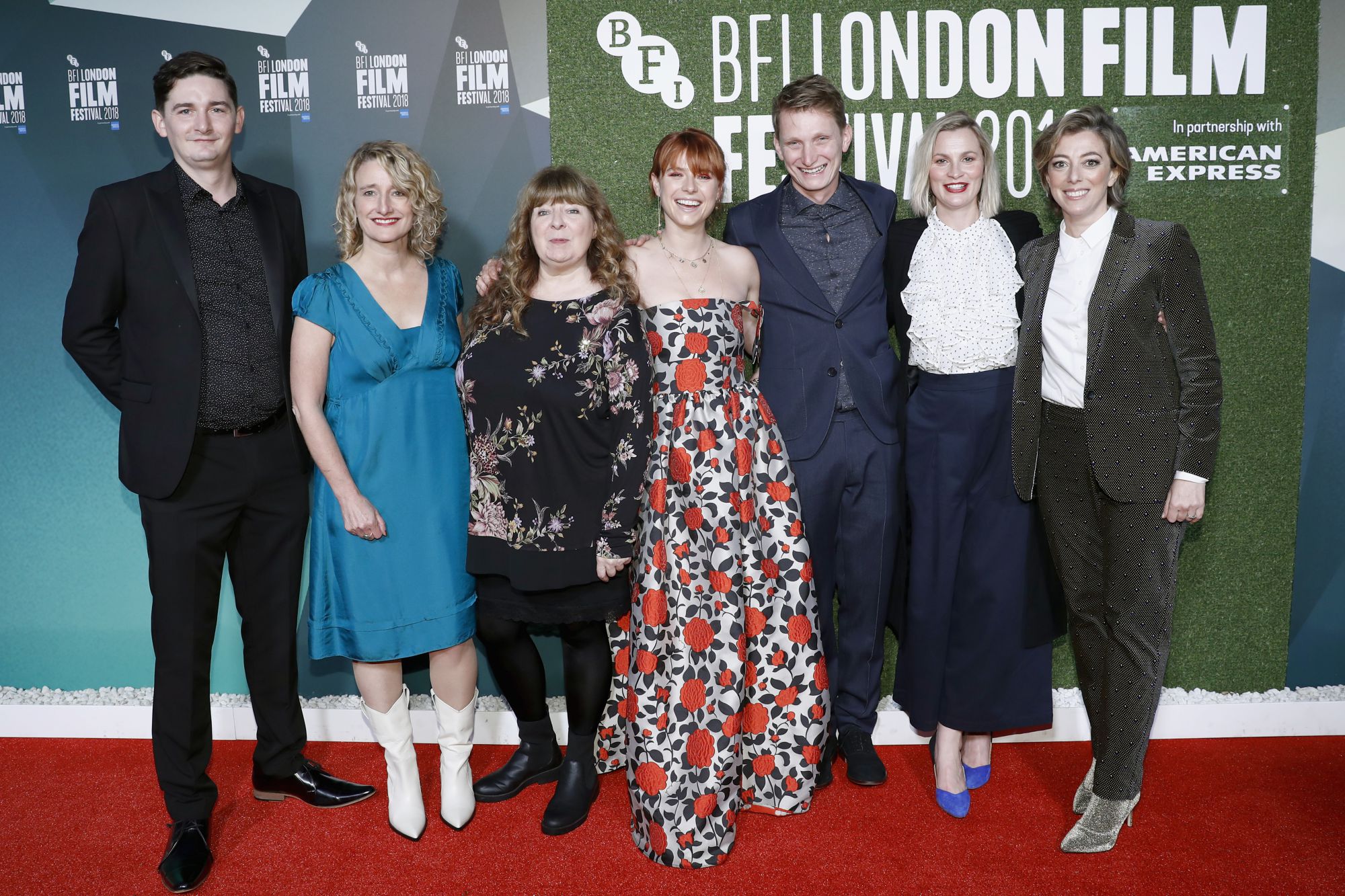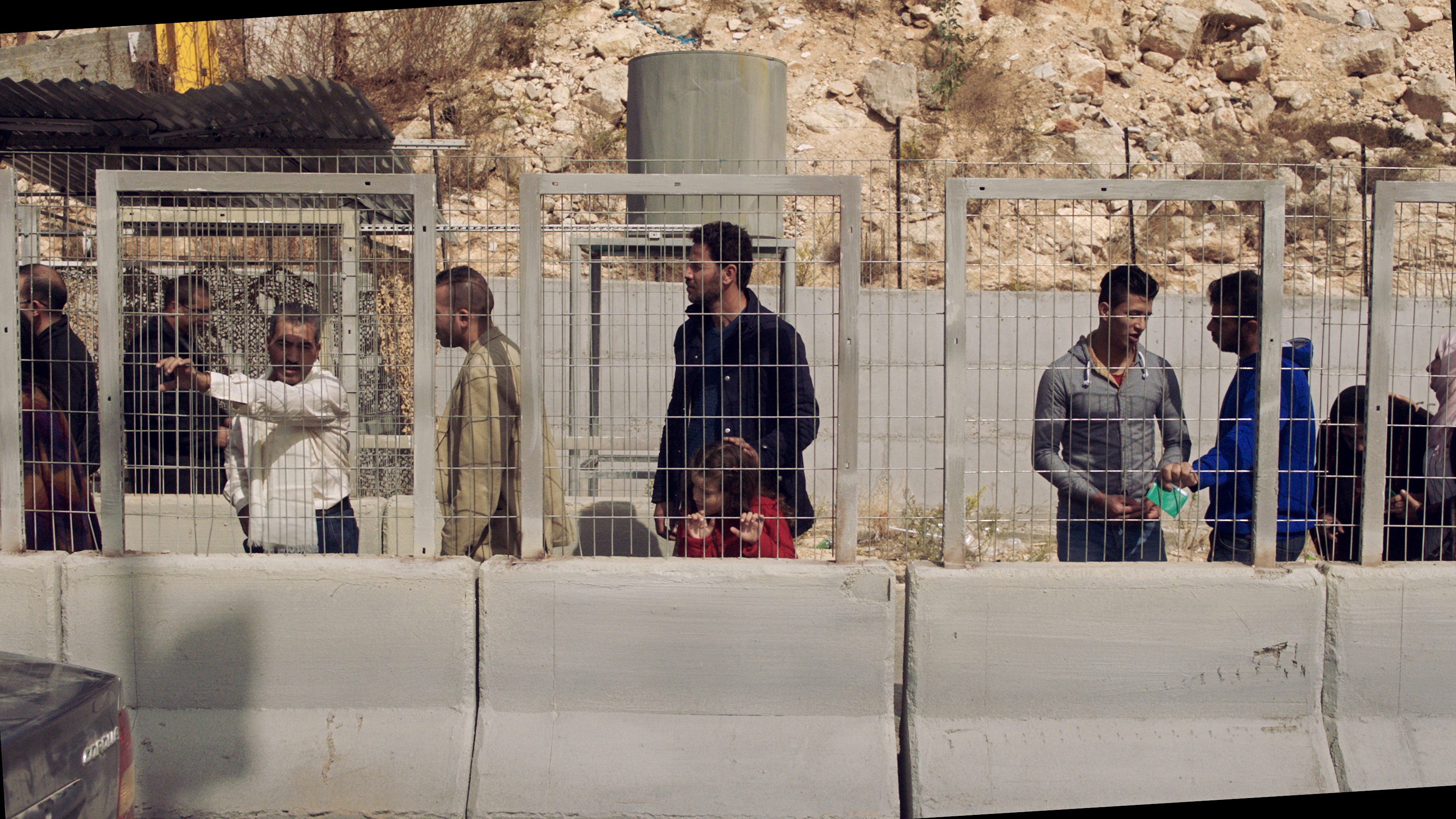Based on real-life story of Alí Ehsani and his Autobiography Stanotte Guardiamo le Stelle, Beppe Tufarulo’s short film Baradar (Brother) focuses on two brothers who are forced to separate. Baradar won 21 Awards and has been selected for more than 50 film festivals around the world.We had a pleasure to interview director Beppe Tufarulo on his film and find out how it all came to life.
– How did you come up with an idea for this film? Were you aware of Alí Ehsani and his Autobiography prior to this film?
For a long time I had been looking for a subject for a short film to tell a universal story that would address the issue of emigration. And when my friend Francesco made me read his book, co-written with Ali Ehsani, I had no doubt: I had found my story.
– What were the changes you had to make when adapting Ali Ehsani’s Autobiography for a short film?
I’d say that rather than adapt, I tried to “extract”. Let me explain. We worked hard to stay as faithful as possible to the story and Ali’s experience, and this was possible thanks also to the constant presence of Ali on the set. However, I was interested in isolating a specific moment of the children’s story that could represent the human meaning of the whole, a cross-section of everyday life between the two brothers that could enter the audience’s chords and convey something powerful.
– How did you go about when it came down to looking for cast?
I had an almost impossible desire: to find two protagonists with a background close to that of Ali and his brother Mohammed. For this I turned to associations that deal with refugees. After a long search, I received from an NGO (Binario 15) the photos of two brothers, Nawid and Danosh Sharifi, who, from a scenic point of view, could have been the same age of the protagonists. They had just arrived in Italy to be reunited with their older brother. Basically, something that was well beyond my hope!

– Were you looking for anything particular in the actor when casting them?
I was looking for truthfulness and expressiveness. I didn’t want anything to be trivialized or clichéd. And the two actors were so authentic that … they didn’t even utter a word in Italian!
– How much did the story change from the initial script to the final cut of the film?
In order to stay truthful to the story, the only adaptation we made was perhaps that of trying to adapt to our actors. In this way they were able to experience it with a personal approach, in an intimate dimension, which was the cut that I was interested in giving to the audiences.
– What in your opinion was the hardest part making this short film?
First of all, the search for the actors was very long. It lasted almost a year.
Then working with them was very difficult due to obvious linguistic and cultural differences. They had just arrived in Italy and starting their new life almost on a set was not easy for them.
– How true to the autobiography you tried to be or did you allow some changes?
The only change I made was with respect to the place. For production reasons we imagined it in a small town and not in Istanbul. The film was shot in southern Italy, in Puglia, because it was unthinkable to be able to move the actors and the entire crew to Turkey.
– Why do you think the topic of refugees is an important topic that needs to be discussed?
I think that, beyond the political positions, it is a profoundly current, urgent issue that affects us all. Because being born on another side of the world shouldn’t be a discriminating factor in taking away or giving the right to have a passport and freedom of movement.
Keep your eyes peeled for a review of Baradar in the upcoming days, but in the mean time have a look at the trailer.





